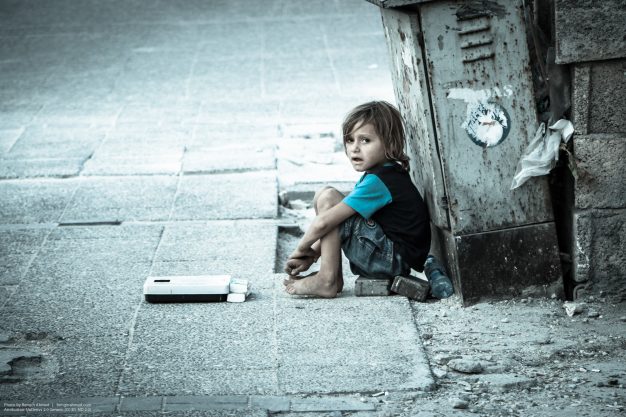
European Social Fund guarantees new investments to tackle child poverty
An agreement has been reached on the European Union Social Fund which guarantees investment by countries to help children where many are at a high risk of poverty.
The European Parliament and European Council’s provisional agreement on the EU Social Fund+ represents a major commitment to social inclusion and fighting poverty across the union. The new ESF+, part of an annual financial framework for 2021-2027, will amount to around €88 billion Euros in 2018 prices.
Under the deal, says the EU, countries where the number of children at a high risk of poverty is above the EU average, will have to spend a minimum of five per cent of the ESF+ resources on actions that contribute to children’s equal access to free healthcare, free education, free childcare, decent housing and adequate nutrition. Other member states also have to allocate part of their funds to beating child poverty.
At least 3% will be spent on those who need it most
The European Parliament negotiated to have a budget dedicated to fighting extreme poverty in each member state. At least three per cent will be spent on those who need it most through food and basic material assistance or by addressing material deprivation, which is defined as an inability to pay for unexpected expenses, adequate heating, nutritious meals or durable goods.
David Casa, Member of the European Parliament (MEP), said: “Today is a good day for Europe. We agreed to support workers, youth, children and students with almost €90 billion. I am confident that this money will target those who really need it: people without a job, those who want to improve their skills, children in poverty, and youth who should be given all the opportunities to work, train and study. This is a clear example of how the European Union makes a concrete, positive impact in the lives of its citizens.”
The European Social Fund has been investing in citizens for over 60 years, contributing to social inclusion, job opportunities, fighting poverty, education, skills and the employability of young people, as well as in better living conditions, health and fairer societies.
Click here for more about the ESF+.




